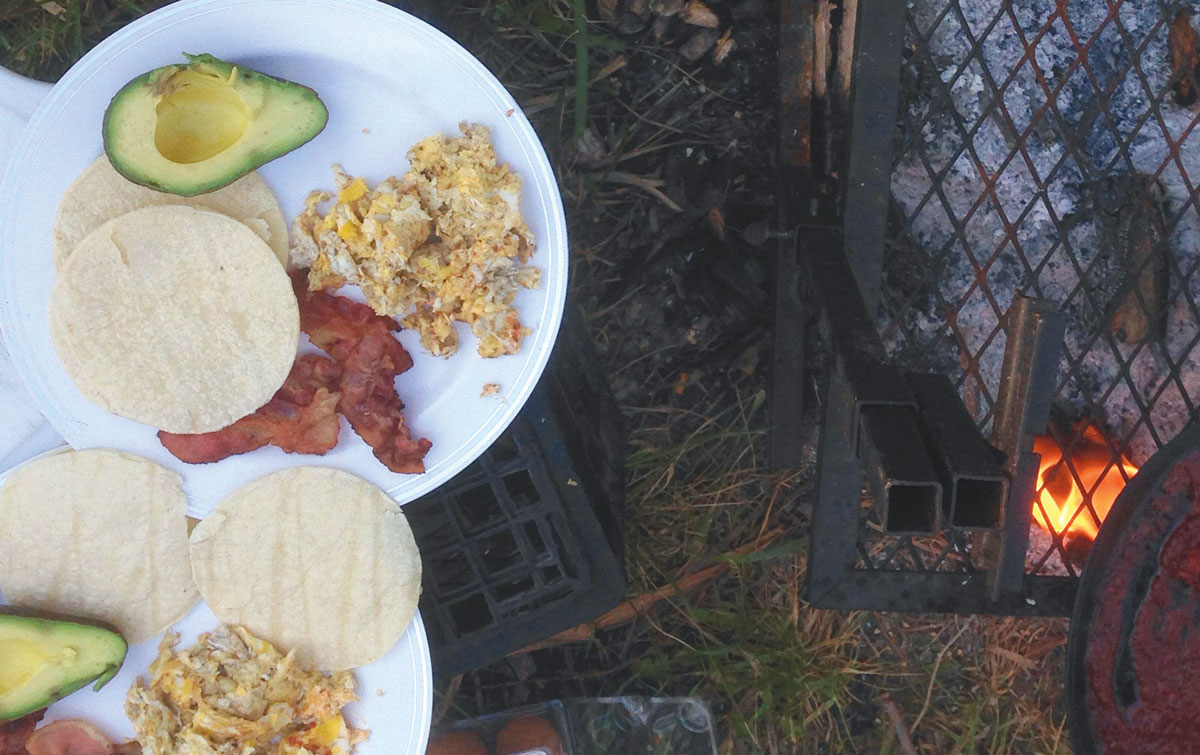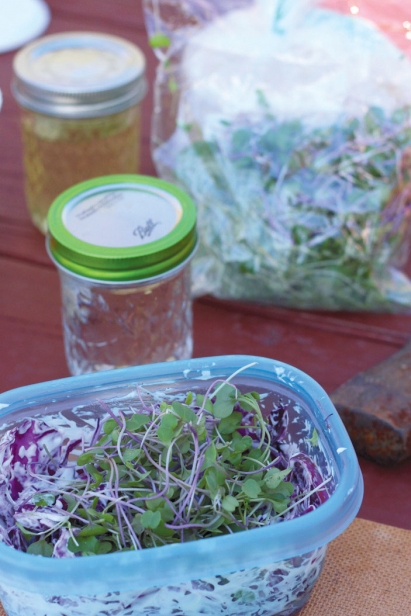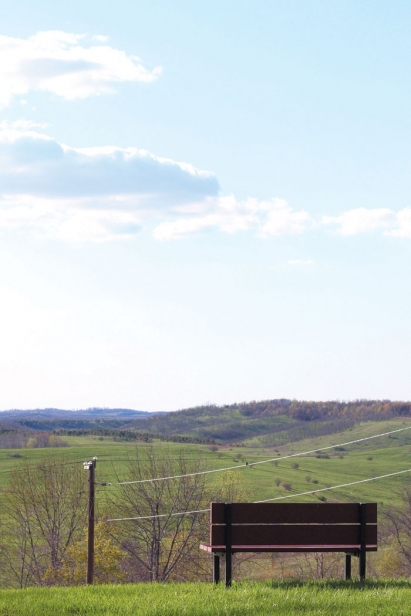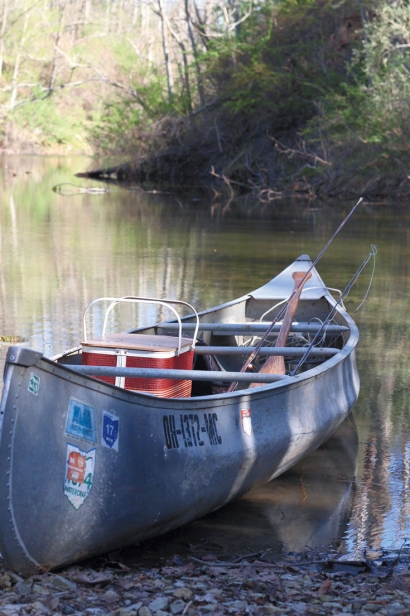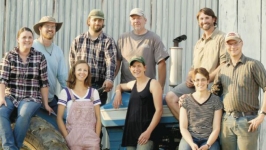Camping 101: Good Tips for First-Time Camping Adventures This Summer
If the water doesn’t boil on the camp stove, don’t put pasta in it. When you load your cooler into the car, cover it in a wool blanket (it stays colder, I swear!). And my favorite food-related camping tip: If the camp store doesn’t have milk for your cereal, buying Cool Whip instead will make you the best dad ever.
To me, the word “vacation” means camping. In our family of five, every summer held the promise of a vacation. My memories of each summer are of adventure. I know now that we camped our way through every state in the lower 48, staying in dozens of state and national parks along the way because restaurant meals and hotel lodging were financially out of the question.
If you are a first-time (or first-time-in-a-long time) camper, start small. Pick a night you can spend away from home, identify a location you want to visit and start planning. A part of planning might even include a daytrip to the area to hike and explore available camping space. Don’t get overwhelmed. Animals need food, water, shelter, and space to survive. Take science as the lead and apply the same concept to packing for a camping trip.
Food
- Pack a cooler with sandwiches, fruit, and other easy-to-eat snacks.
- The fewer dishes and cutlery you need to remember the better.
- You might have a quirk or two that you want to plan for (like morning caffeine or evening sweets), so add a percolator, s’mores supplies, or anything else you want or need to make yourself comfortable.
- Bring matches and some kindling, if you’re headed somewhere that allows fire, or a cook stove, if you’re going all out, but don’t pack firewood. Plan to purchase firewood from the campground or a local provider. Transporting firewood risks transporting non-native invasive insects into the areas you are visiting, not to mention there are some quarantines in portions of Ohio that make transporting firewood illegal.
Water
Probably the most important component of all, make sure you pack potable water, or have identified a source for drinking water at the campground where you are staying. It isn’t safe to drink standing water, running water, or any other wild water source unless you are experienced in treating that water for consumption, so play it safe.
Pack or plan for at least a gallon of water per person, per day.
Shelter
- A sleeping bag and pillow are important.
- A foam pad under your sleeping bag is lovely. Don’t fret if you need extra padding under your sleeping bag. You’re used to sleeping in a bed or other softer surfaces, so make your transition to the ground easy on yourself.
- Tents aren’t absolutely necessary (literally sleeping under the stars is a real thing), but they are really nice to have. If you are a first-time camper see if you can borrow a tent. Whether you buy or borrow, practice setting up the tent in your yard/garage/living room before you hit the road. You’ll appreciate the confidence it gives you, not to mention the peace of mind knowing you’ve checked your equipment. If you arrive at your destination on a Friday afternoon and are overwhelmed by the beauty of the area, resist the urge to take off exploring until you have your tent set up. You’ll be happier to come “home” to a nicely prepared shelter rather than trying to set up in the dark.
Space
Unless you are camping in your backyard, it is likely you’ll want to get out and explore.
Plan your trip to an area where you can get out for a hike or explore a local destination. Ohio State Parks have their own free mobile app (search Ohio State Parks Guide in your mobile app store) to identify amenities like paddling, fishing, hiking, and other outdoor activities. Ohiocampers.com hosts a searchable list of private campgrounds that hold membership to the Ohio Campground Owners Association as well as nearby things to see and do. For some destinations a reservation is a good idea.
Creature Comforts
Food, water, shelter, and space are essential. Most would argue a flashlight is essential to answering nature’s call in the middle of the night. Here’s a starter list of non-essential essentials that make camping trips much more enjoyable:
- Flashlight/headlamp
- First aid kit
- Sunscreen
- Insect repellent
- Multi-tool/pocketknife
- Toiletries (including toilet paper)
- Trash bags to pack out any waste
- Weather preparation (packing/dressing in layers, change of clothes, rain gear, extra shoes/boots, jackets, etc.)
Pets
Several Central Ohio campgrounds welcome your well-behaved dog. Pack for their food, water, shelter, and space needs and allow for creature comforts like a favorite toy. If you choose to travel with your dog, research the regulations on pooches at the campground and surrounding trails you want to visit. Know how your dog reacts near strangers (some campsites are close to neighbors and have shared amenities). If barking is a potential problem, if you plan on hiking trails closed to pets, or if you’re going to explore areas your dog isn’t welcome it is best to find alternate accommodations for your pet.


